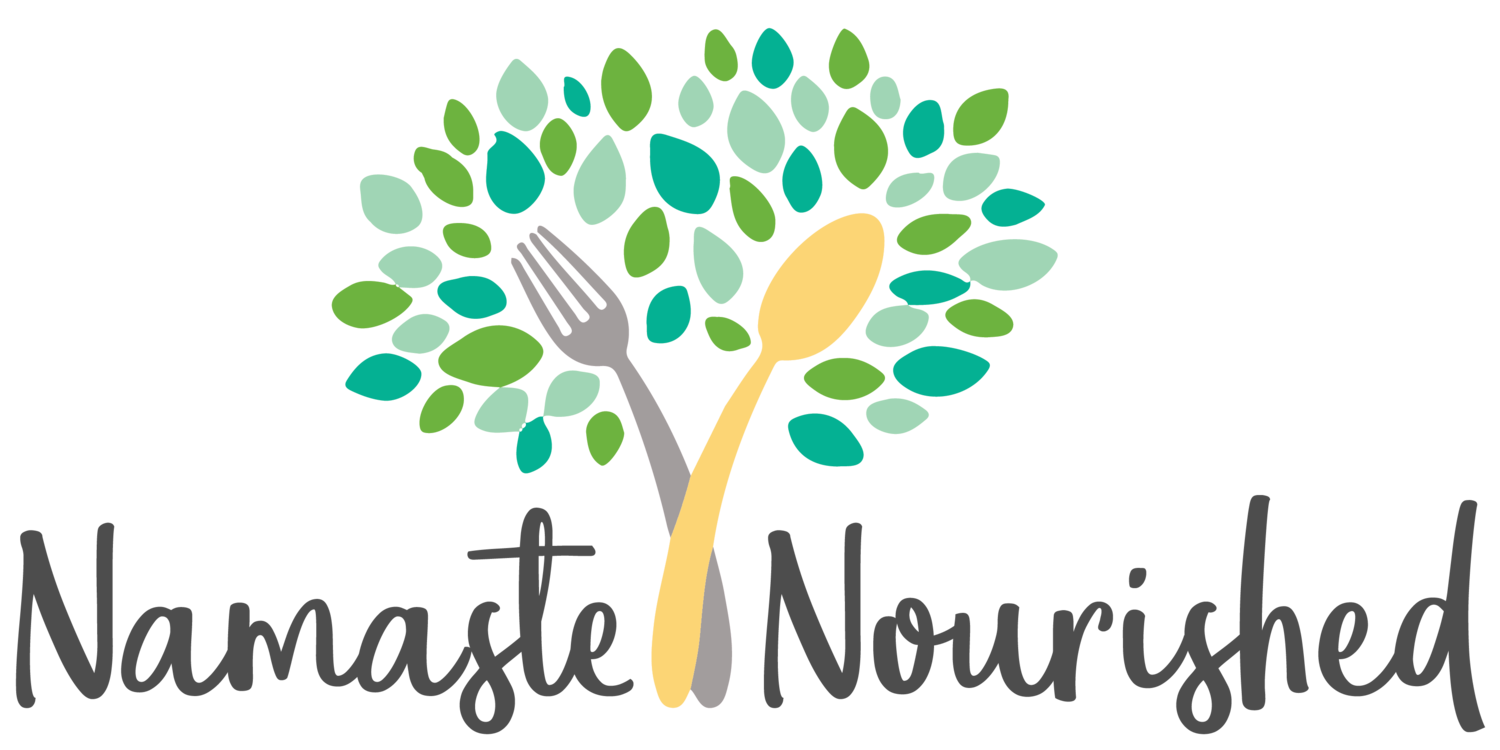Why You Can Eat Gluten Abroad But Not At Home
Imagine with us- you’re in beautiful Italy, enjoying incredible, historic ruins and sculptures. You’re surrounded by scenic waterfront, vibrant colors, and you feel calm. It’s lunchtime, so you find a nice little restaurant, and ask the server to bring you whatever her favorite pasta is. It’s incredible- the flavors are so rich, and it might be the best thing you’ve ever tasted. You are in vacation mode, relaxed, enjoying delicious food, and living your best life. As you’re touring the Colosseum a few hours later, you notice that you don’t have the same gastrointestinal symptoms that you do at home when you eat pasta. Why is this? This is what we call the travel paradox, and we’ll dive deeper below.
What is gluten?
Gluten is the protein found in certain grains and their products, including wheat, barley, rye, and triticale. It gives breads, pasta, and cakes their elastic or chewy texture. For most people, gluten is harmless, but a small percentage of the population has an autoimmune disease called celiac disease that causes them to be unable to digest gluten. According to the National Institute of Health, around 2 million people in the United States have celiac disease, or about 0.58% of the population.
“But the pasta in Italy is different from the pasta in the US.”
If you go to your pantry or local grocery store and grab a box of pasta, the word “Italy” is going to be somewhere on the box. Whether it’s made in Italy, imported from Italy, or a product of Italy, they all originate from the same place before they make it onto your plate, whether it’s on vacation, at home, or at a restaurant.
Why you have a different reaction to pasta abroad versus at home
When you’re on vacation, you’re typically relaxed and doing things that support your well-being such as sleeping more, socializing, and moving at a slower pace. Vacations are meant to be a break from the hustle and bustle of everyday life, which means you also get a break from the stress of your daily schedule. Stress can impact digestion by slowing it down, and for some people, slowed digestion can lead to GI distress including bloating. Examining your stress management practices at home is a great starting point to make sure a vacation isn’t an escape from your life, but an addition to it.
Permission to eat
Another thing you might find on vacation, is that you give yourself unconditional permission to eat foods you don’t eat regularly at home. As we covered in our blog last week, unconditional permission to eat means allowing yourself to eat any food without conditions. Whether or not you have an eating disorder, some people treat foods as “sometimes” foods, and the body senses the fear around it. There may be conditions or compensatory behaviors that come along with eating this food. This makes the food feel scary, unsafe, and bad. As eating disorder dietitians, we believe and practice that no food is good or bad, but that it’s just food. Allowing yourself unconditional permission to eat delicious foods, including pasta shouldn’t be a vacation-only thing. It should be an everyday thing, and we want to help you enjoy all of your favorite regular and vacation foods without issue or stress. To talk through these ideas more or get personalized support, please reach out to us. Our team is compassionate, caring, and offer more than just meal guidance, they help you rebuild trust with food and your body in a supportive, nonjudgmental way. Sessions are personalized to your needs and may include handouts, journal prompts, food plans, or other tools to help you feel more confident and less overwhelmed around eating. Please reach out to us today for more information and to schedule an appointment.
This post was inspired by an Instagram reel our founder, Kerry McCarthy, MS, RDN, LDN, RYT, CEDS-C posted. You can view it here and be sure to follow us on Instagram if you aren’t already.

